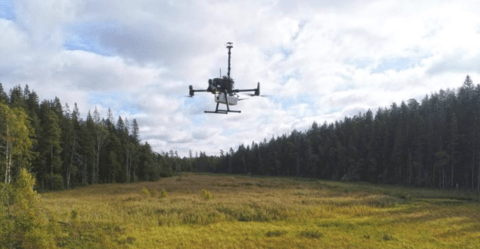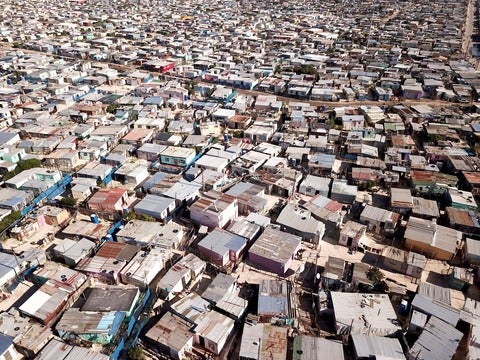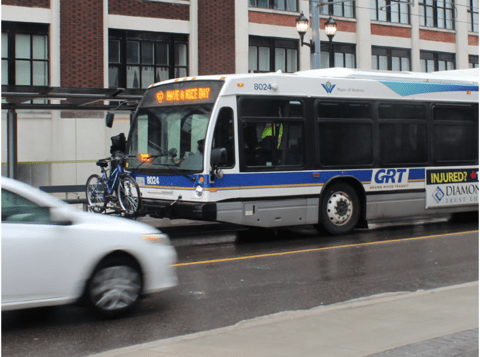Student Pitch Competition – Design a Community Cooling Space
UWaterloo students are invited to design a modular outdoor community cooling space with a sustainable cooling system that will provide relief from extreme heat. This project is in collaboration with Southwestern Public Health (SWPH) which serves the regions of Oxford County, Elgin County, and the City of St. Thomas. Teams will be required to use the design criteria provided below. The winning design will have the opportunity to be part of the ongoing partnership between SWPH and Climate Institute in increasing climate and health resilience.









